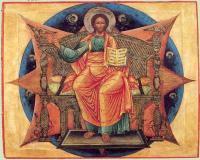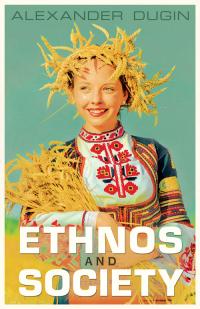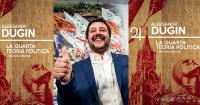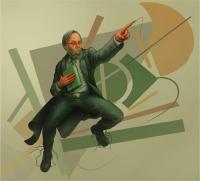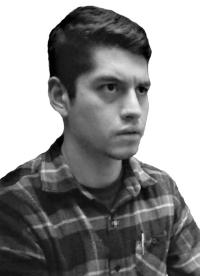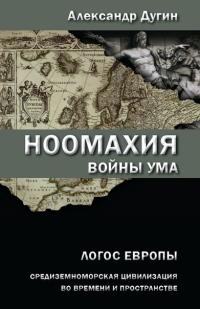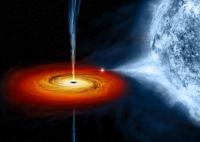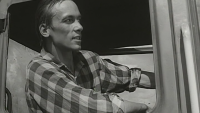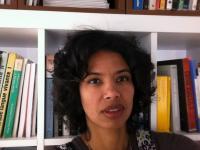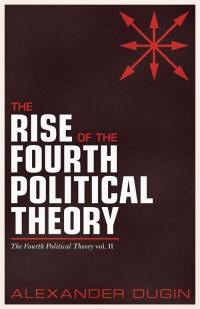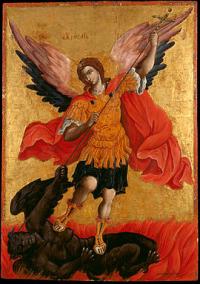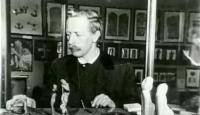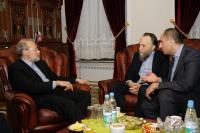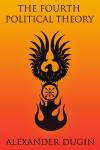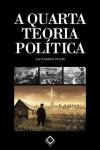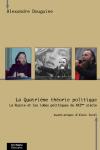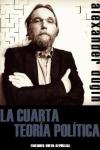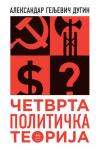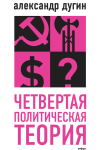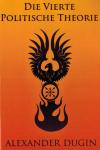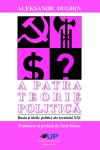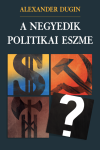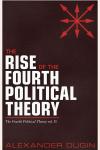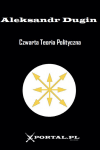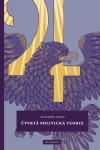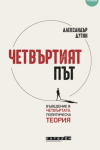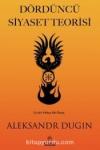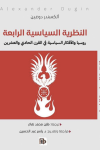We are the Church of the End Times
The Romanov period saw a continuous process of Russian Orthodoxy’s silent return to pre-Petrine times; this was not a conservative-revolutionary path (as with the Old Believers), but a conservative-evolutionary one whose existence was due mainly to the archaic nature of the provincial clerics and the multitude of simple parishioners. In a certain sense, the enthronement of the antichrist in the Church did not fully succeed, despite the fact that during the individual intervals of Peter the Great’s rule the impression formed that this was taking place. Still, because of some higher reasons, the final chord was delayed, even though the forces of the antichrist multiplied tenfold.
Although it was at the price of compromise and adaptability, Russian Orthodoxy maintained its unity, the legality of its hierarchy, eucharistic succession, and loyalty to the fundamental norms of patristic tradition. The Saint-Petersburg stage was characterised by a certain split in the official Church. At the lower levels it moved towards the Old Faith, i.e. towards Orthodoxy in its purest form. At the top, it was oriented towards Western adjustments and norms, as official theology repeated the model of Catholic-Protestant teachings, and the general spirit was fully apostate. Nikon’s reforms significantly damaged both rites and liturgical books. The synod became an administrative agency in a bureaucratic, profane government.

